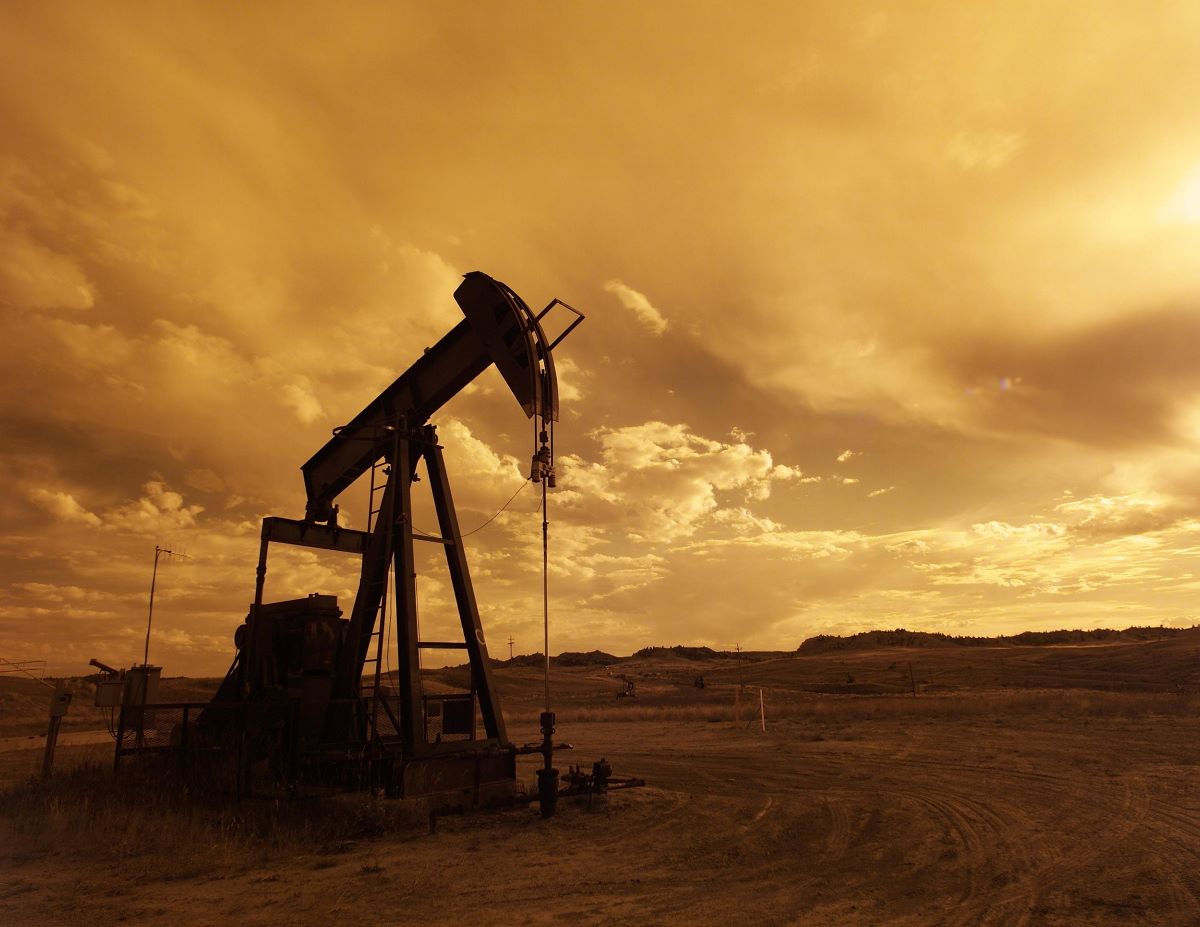Paris, France — The OPEC oil cartel said Thursday that demand for crude will continue to expand through at least 2050, calling efforts to rapidly shift away from fossil fuels an unworkable fantasy.
In its latest annual report on the outlook for oil demand, OPEC sees global oil demand rising by 18.6 percent from 103.7 million barrels per day in 2024 to around 123 mbd in 2050.
That rising demand will be “driven by expanding economic growth, rising populations, increasing urbanization, new energy-intensive industries like artificial intelligence, and the need to bring energy to the billions without it,” said OPEC Secretary General Haitham Al Ghais in his foreword to the report.
“There is no peak oil demand on the horizon,” he said.
That forecast puts OPEC, which gathers together a number of the world’s leading oil exporting nations, at odds with the International Energy Agency, whose member states include many oil-consuming nations.
The IEA said last month that it expects global oil demand begin to decline in 2030, driven by the rise of electric cars and the shift away from crude to produce power.
The IEA even sees oil demand dropping in OPEC powerhouse Saudi Arabia as it replaces crude with gas and renewable energy to produce power.
Ghais said that OPEC sees growth in oil demand being primarily driven by developing nations, and that fossil fuels still account for around 80 percent of the global fuel mix, little changed from when the cartel was founded in 1960.
“…it has become increasingly clear to many policymakers in recent years that the narrative of swiftly phasing out oil and gas has been seen for what it is: unworkable, and a fantasy,” he said.
The OPEC chief blasted many timelines to reach net-zero carbon emissions as having “little regard for energy security, affordability or feasibility”.
Experts say a rapid phase-out of fossil fuels is necessary if global warming is be kept to 1.5 degrees Celsius above preindustrial levels.








